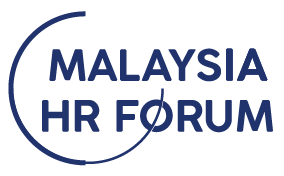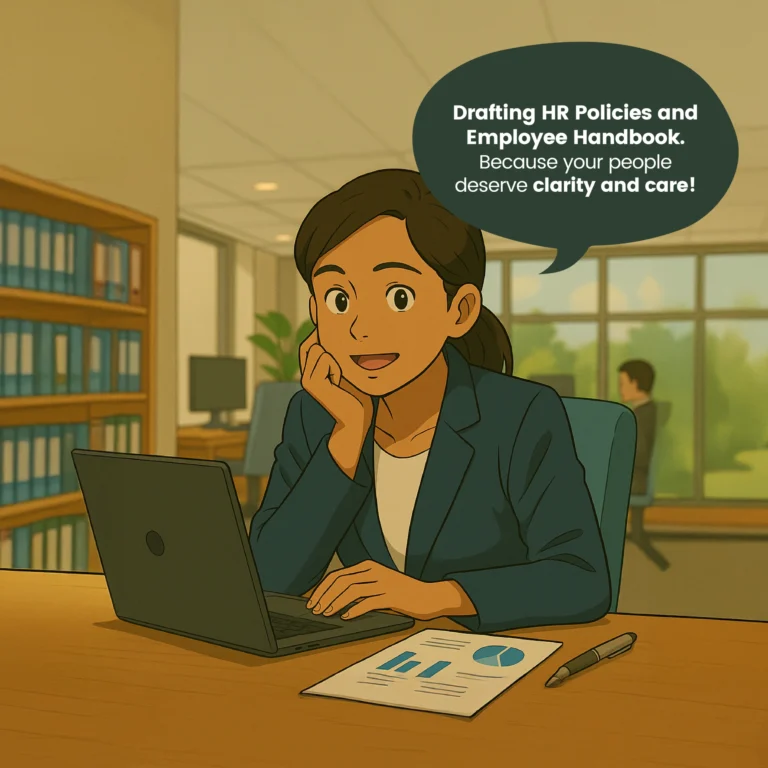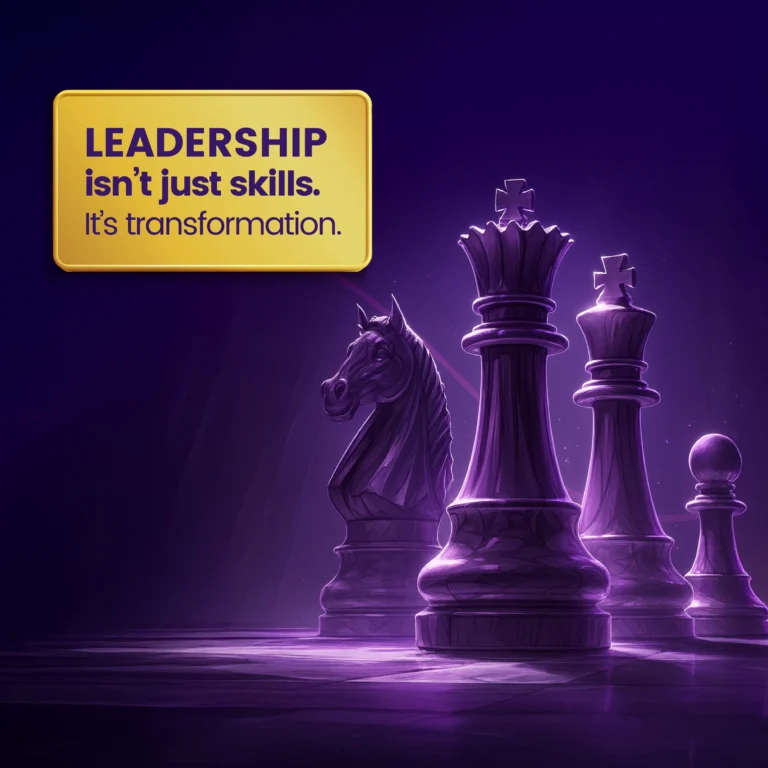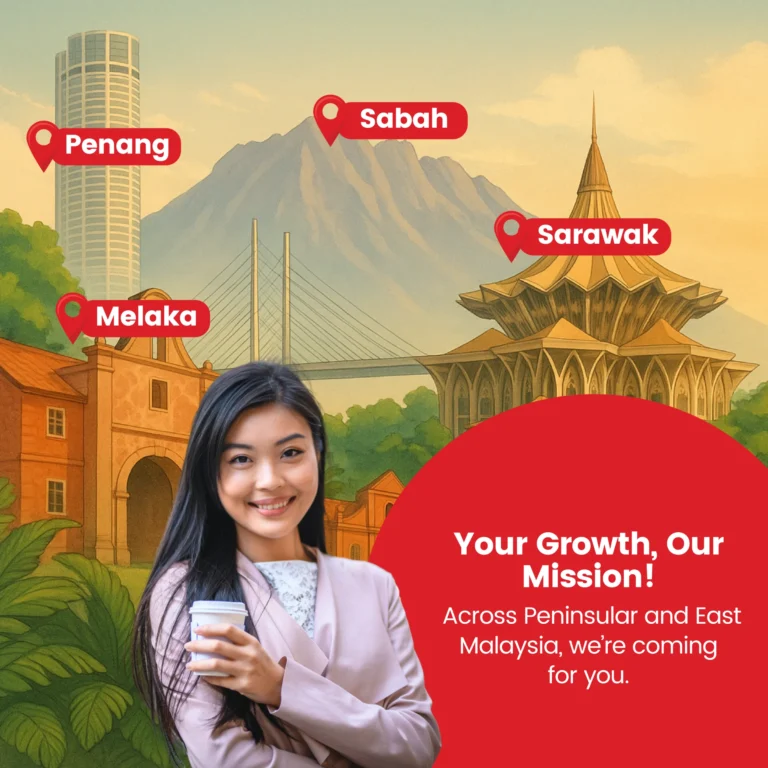There was a time when HR Business Partners (HRBPs) were primarily seen as internal consultants, a bridge between HR operations and business needs. But that was before the world of work was reshaped by market volatility, digital disruption, and the ever-growing demand for agile talent.
In 2025, that old HRBP playbook no longer works.
The modern HRBP must move beyond traditional support roles.
- Support keeps the lights on.
- Strategy fuels growth.
The Shifting Role of the HR Business Partner
Despite rapid changes in the workplace, many organisations still unknowingly trap their HRBPs in transactional duties such as:
- Facilitating performance reviews
- Addressing employee grievances
- Coordinating training programmes
- Processing hiring needs
While these tasks remain necessary, they are no longer sufficient.
Here’s the uncomfortable truth: if the business continues to view HRBPs as mere administrators, it is not the business that suffers most. It is HR that risks becoming irrelevant.
What Strategic HRBPs Look Like in 2025
To move forward, HRBPs must embrace a strategic mindset. This evolution requires more than just rebranding the role. It demands a transformation in capability and approach.
Core Traits of a Strategic HRBP
A truly strategic HRBP must:
- Understand the business model, not just HR policies
- Be fluent in key metrics that drive operational and financial performance
- Possess the confidence to challenge decisions that misalign with business and people strategies
- Guide leaders through talent risks and succession planning
- Shape organisational culture rather than merely enforcing it
Simply put, if an HRBP cannot connect talent strategies to revenue, productivity, and innovation, they will always remain on the sidelines.
The Hard Truth About the HRBP Skills Gap
Many HRBPs genuinely want to operate at a strategic level. However, the gap often lies not in intent but in capability. Let’s explore the essential competencies they must develop.
1. Commercial Acumen
HRBPs must understand how their company earns, spends, and competes. Without this knowledge, they cannot offer credible input or influence key decisions.
2. Data Literacy
In today’s environment, comfort with numbers is no longer optional. HRBPs need to interpret workforce analytics, identify trends, and translate data into actionable business insights.
3. Influence and Stakeholder Management
To become strategic partners, HRBPs must build strong relationships with the C-suite and other key stakeholders. This means engaging with influence, not just compliance.
4. Critical Thinking
Proactive HRBPs see the broader picture. They anticipate business challenges and create sustainable, people-focused solutions rather than merely reacting to issues.
Why This Evolution Matters Now More Than Ever
The workforce is changing rapidly. Hybrid work models, the rise of the gig economy, and AI-driven roles have added complexity to the people agenda. As a result, business strategies that ignore the human element are increasingly at risk of failure. According to McKinsey’s research on the future of HR, organisations that integrate strategic HRBPs into decision-making processes tend to outperform their competitors.
Moreover, HRBPs who continue to focus solely on transactions may soon be replaced. Either automated systems or other business units better equipped to speak the language of growth and value will take over.
On the other hand, HRBPs who choose to evolve can become indispensable. They become the voice of strategy, foresight, and reason at the decision-making table.
Final Reflection: Are You Evolving or Falling Behind?
If you’re an HRBP reading this, it’s time to reflect:
- Do I have a seat at the strategy table?
- When was the last time I challenged a business decision, not just an HR practice?
- Am I tracking and analysing data that shows how people impact performance?
The business world isn’t slowing down.
Either HRBPs lead the change or risk being left behind.
Ready to take the next step in your HR transformation?
Browse Malaysia’s First-Ever Training Marketplace to discover workshops, certification programmes, and practical courses designed to tackle today’s real workplace challenges.
Want to dig deeper? Check out our blogpost on Why Critical Thinking Is the New Must-Have HR Skill and explore Competency Frameworks That Actually Work.
